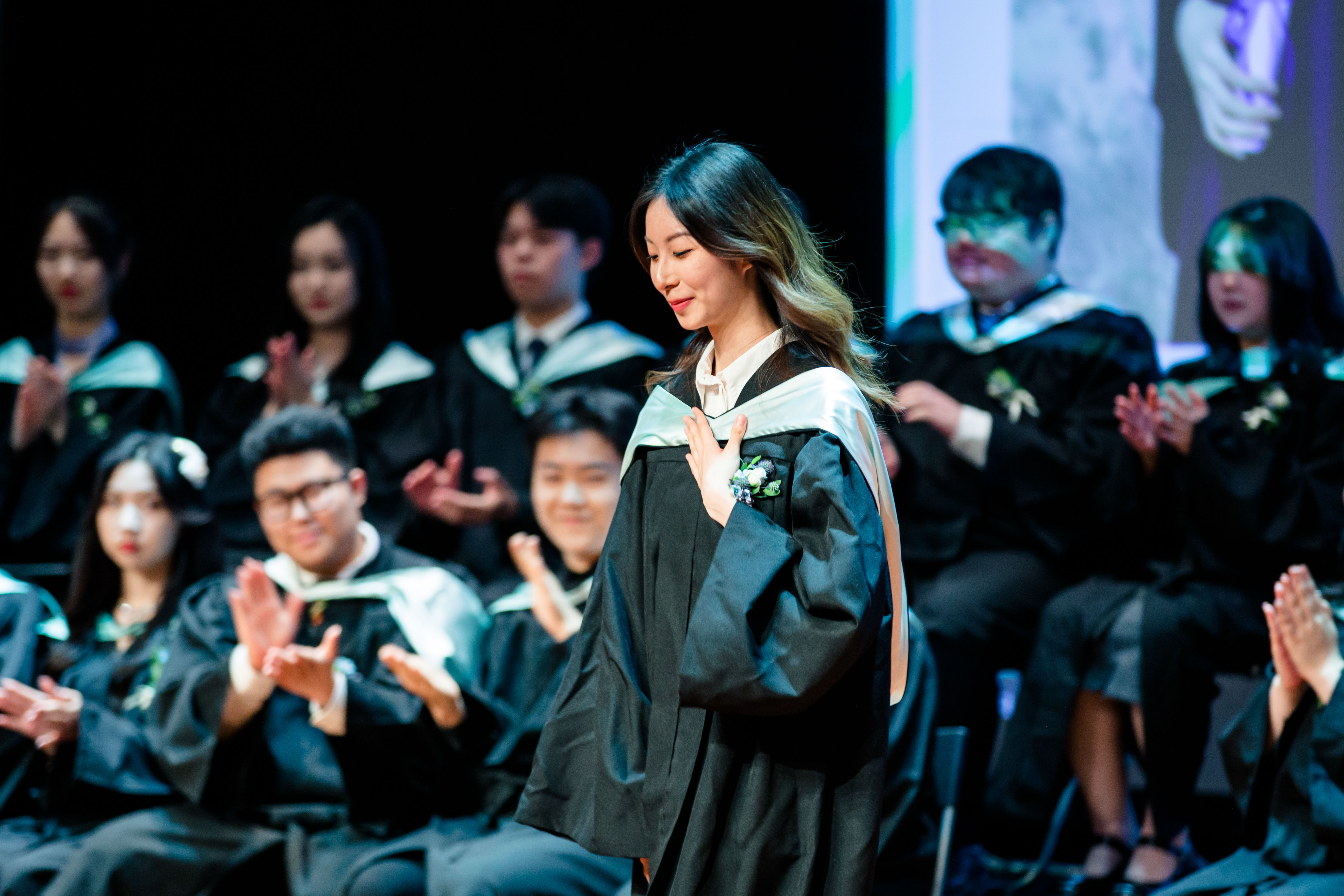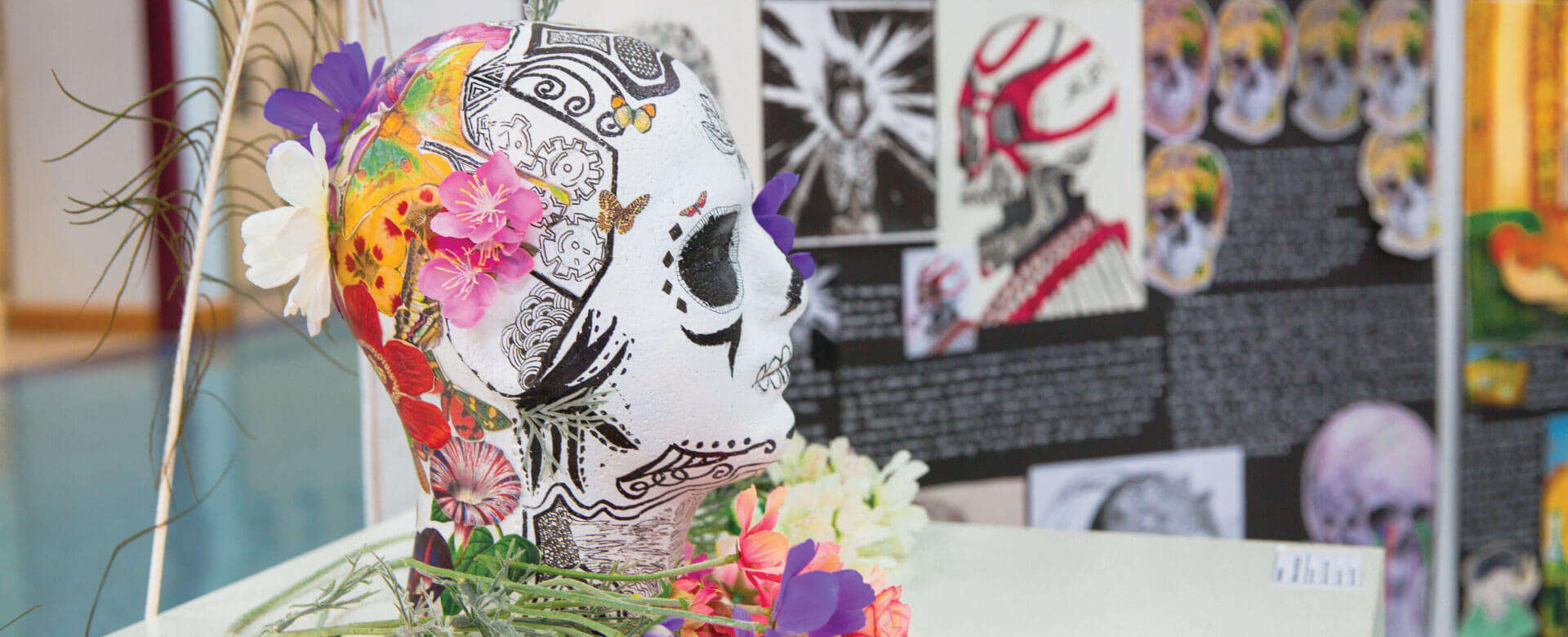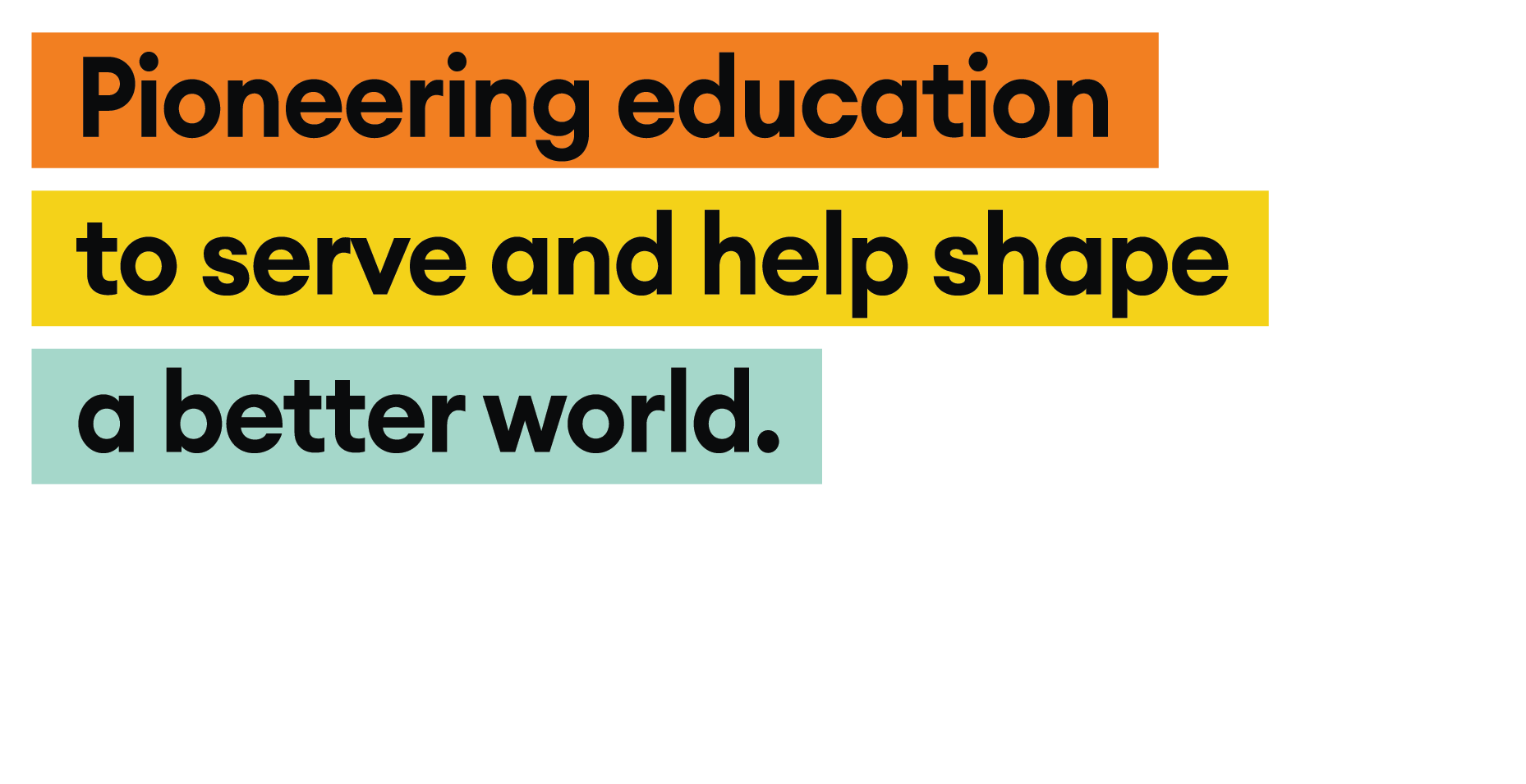Great Reads from Wellington College Education (China)'s School Leaders
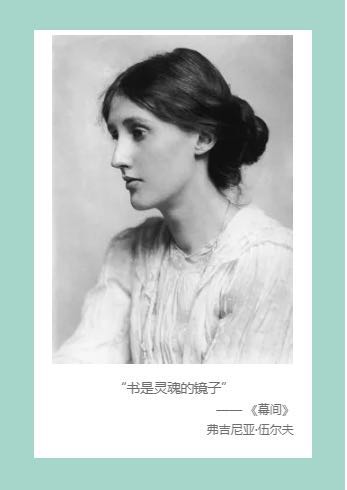
The 23rd of April is a symbolic date in the field of world literature.
In 1923, a Spanish bookseller initiated the first ever book celebration to pay tribute to the death of Miguel de Cervantes, the author of the now world-famous Don Quixote. Years later it was discovered that the 23rd of April coincides with the birth or death anniversaries of many of the world’s most renowned writers: Miguel de Cervantes, William Shakespeare, William Wordsworth and Chinese poet Wei Yuan are but a few of the writers connected to this date.
From then on people began commemorating the 23rd of April as a day of remembrance for these writers and the contributions they made to world literature. In 1995 the United Nations Educational, Scientific and Cultural Organization designated the 23rd of April as World Book Day to promote the joy of reading. Every year, publishers, booksellers, libraries, writers, educators and book lovers alike celebrate reading as a way to connect with the literature legacy of the past and pay tribute to writers that have inspired and entertained us with their words for so many years.
"In these turbulent times, books embody the diversity of human ingenuity, giving shape to the wealth of human experience, expressing the search for meaning and expression we all share, that drive all societies forward."
— Ms. Audrey Azoulay,
Director-General of UNESCO
It is an undeniable fact that reading yields immense benefits. Because of this, Wellington College Education (China) places great importance on cultivating reading-related interests and habits among its pupils. Our schools organise reading activities regularly, and in previous years we have celebrated World Book Day by hosting various activities such as book fairs, author’s talks and workshops as well as dress-up events for pupils.
While our pupils are learning from home we continue to promote the joy of reading as often as possible. Librarians from each of our schools have designed reading activities for pupils from all grades, and the availability of an E-library has allowed pupils to easily access electronic copies of our library books from home. In addition to these special reading activities, schools under Wellington College Education (China) have always encouraged our pupils to develop better reading habits and skills as a fundamental component of the curriculum.
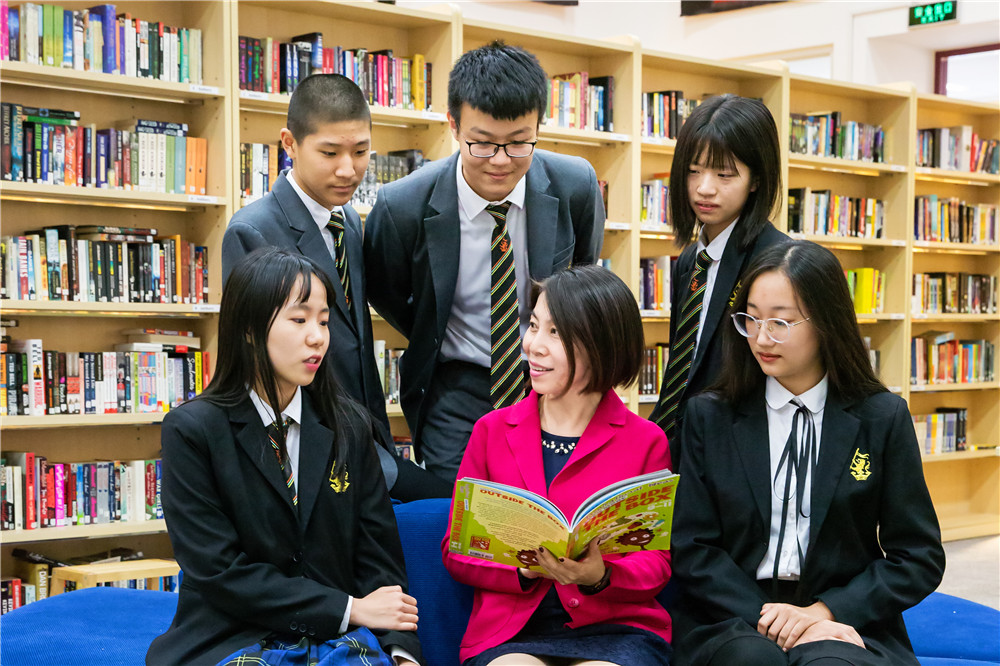
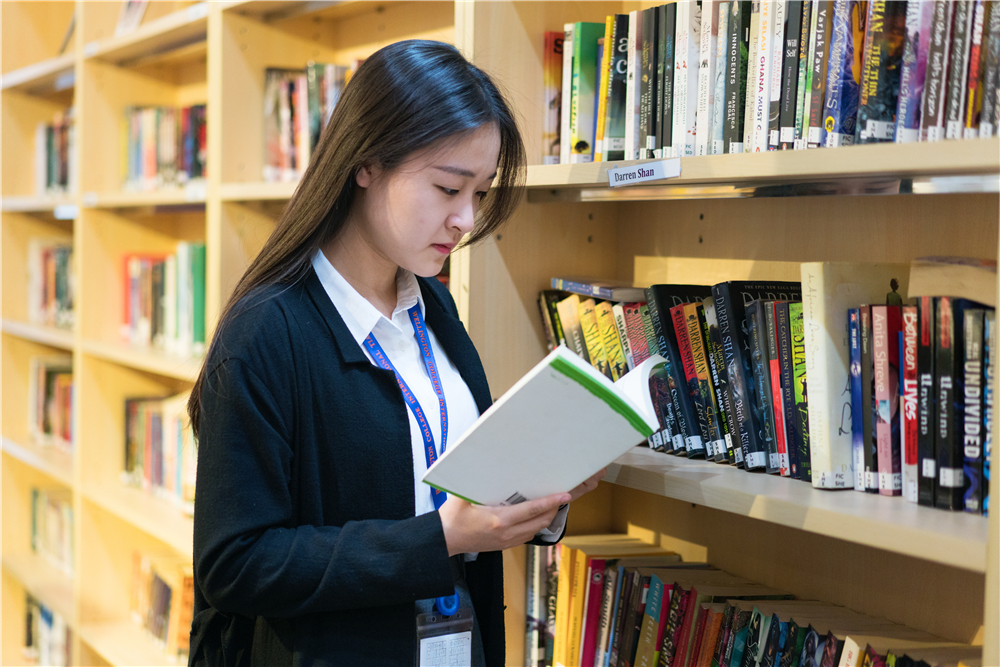
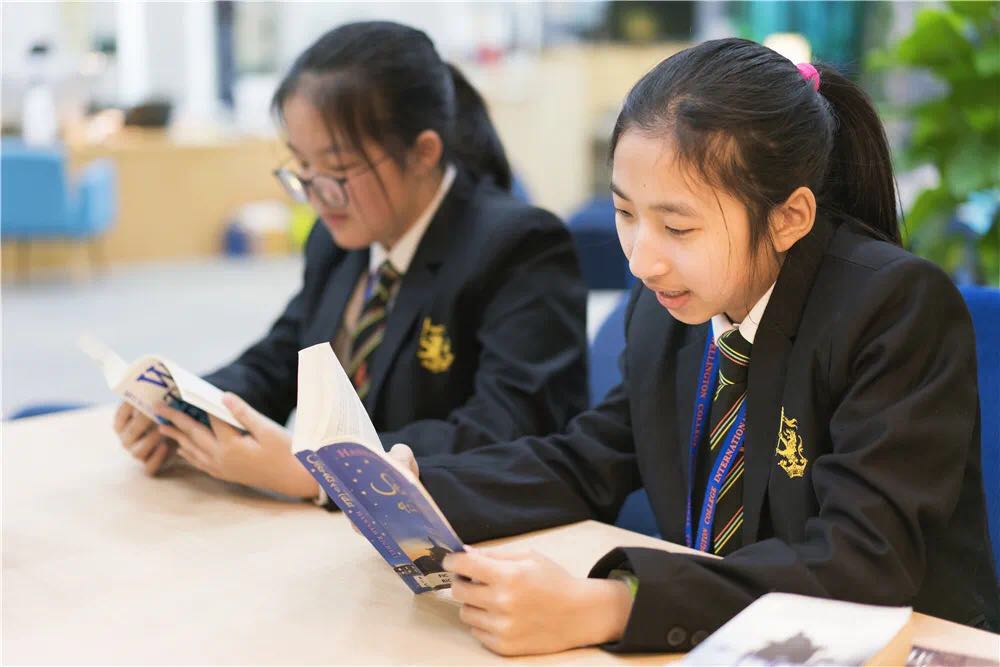
Wellington College Education (China) considers further improving teachers’ reading skills and empowering Wellington parents with practical instructions for them to become lifelong learners just as important as helping pupils maintain a lasting reading habit. We believe this enables the Wellington community to create a positive learning environment for pupils at home that complements their at-school experiences.
We invited six school leaders from our Tianjin, Shanghai and Hangzhou schools to share a few of their favourite books with us. We hope their recommendations will help our readers wind down a little at the end of the day, think deeply about our world and gain valuable wisdom.
Let’s slow down with books and be better teachers and parents together!
01
Recommendations for teachers

Mr Julian Jeffrey
Master
Wellington College International Tianjin
What Does This Look Like in the Classroom: Bridging the Gap Between Research and Practice
Robin Macpherson and Carl Hendrick
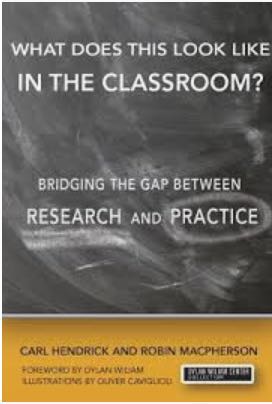
It may be not be the most imaginative choice, but this book (written by two former Wellington College teachers) represents an excellent way for busy and hard-working teachers to get an overview of some of the key issues facing teachers and teaching today.
The authors pose the sort of everyday question that colleagues often have (on assessment and marking, or independent learning, for example), and then ask leading educationalists and researchers to answer them in succinct and accessible ways. In this way, the content is focused, relevant and clear - ideal for a teacher looking to expand his/her understanding of complex topics and as an introduction to deeper reading and research.
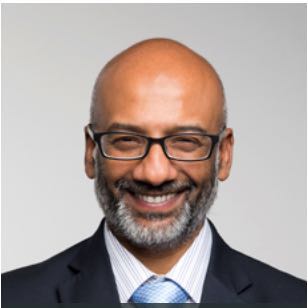
Mr Raja Ali
Second Master
Wellington College International Tianjin
Closing the Vocabulary Gap
Alex Quigley
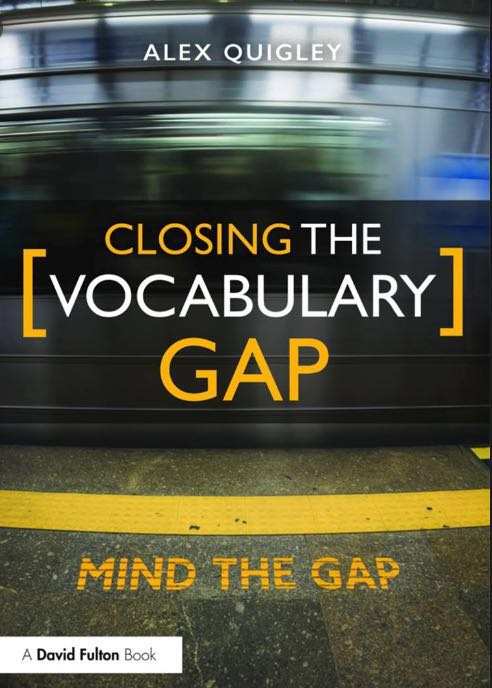
This book shares a valuable insight into the impact into the level of vocabulary a pupil has, on their performance.
This is explored through research that is followed up with authentic situations in classrooms and practical examples.
It is not simply a book for international schools or with those with a significant proportion of second language learners, but is relevant for all schools and all pupils.
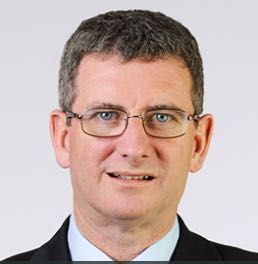
Mr Gerard MacMahon
Executive Master
Wellington College Shanghai
Mind Change
Susan Greenfield
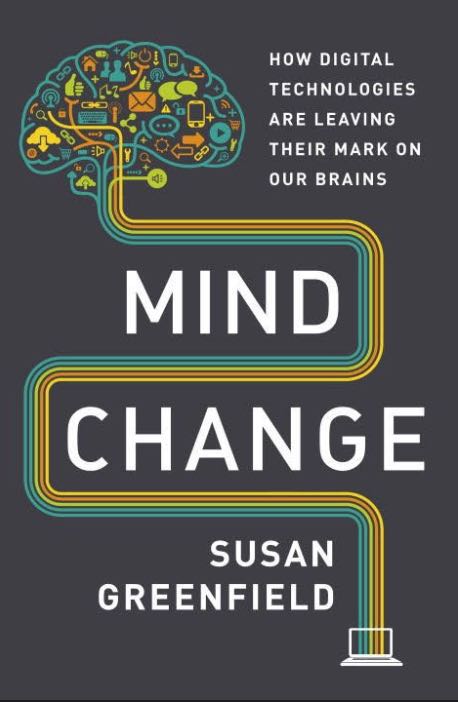
Baroness Susan Greenfield is a renowned neuroscientist. This book is about how digital technologies can affect the human brain and, in particular, the pre-teenage and teenage brains. It is a must-read for 21st century teachers and parents.
It also gives strong neurological scientific support for Wellington and Hiba’s focus on encouraging pupils to engage in art, sport, culture and play as well as their academic studies. It has gained particular relevance since our extended experience of e-learning this year.
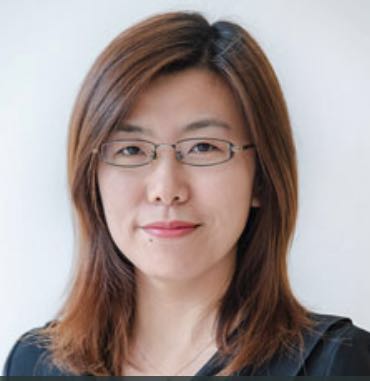
Ms Laura Ge
Head of Junior High
Hiba Academy Shanghai
Living Long, Living Good
Shigeaki Hinohara
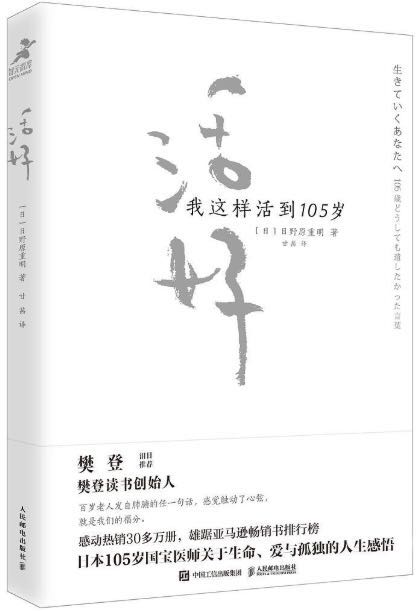
This is a book that I have read through deeply. This book does not help enhance teaching skills, nor does it improve interpersonal relationships right away, it but pierces through the soul. You can take heed from the words of a man who lived to 105 and gain living wisdom.
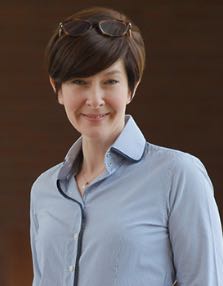
Ms Vanessa Szucs-Hussain
Head of Early Years
Hiba Academy Shanghai
Drive: The Surprising Truth About What Motivates Us
Daniel H Pink
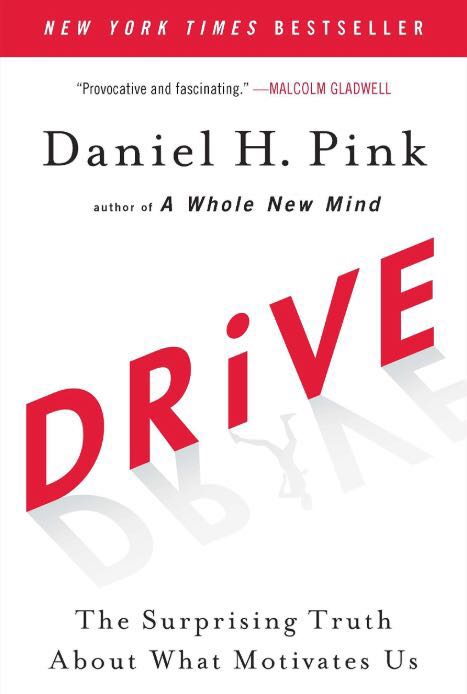
Thought provoking; this book helps you to unpick your own motivations and understand others’. It also blows some of your fixed beliefs about what motivates others clearly out of the water – be prepared to relearn!

Mr Paul Rogers
Executive Master
Wellington College Education (China) - Hangzhou
Foundations of Bilingual Education and Bilingualism
Colin Baker and Wayne E. Wright
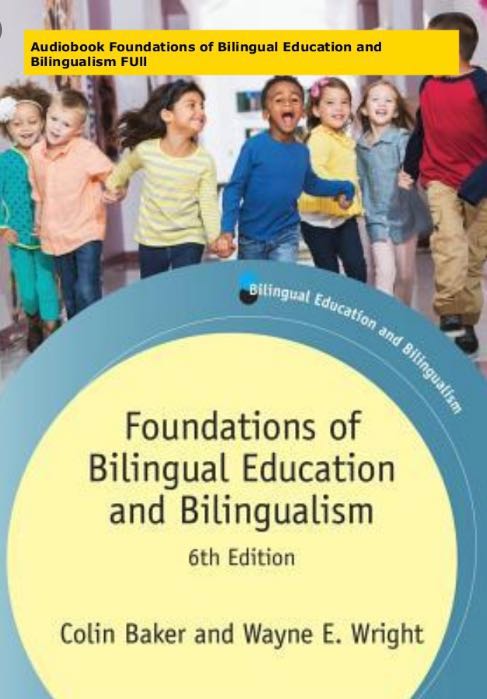
It is the definitive guide to truly begin to understand what we mean by bilingualism which is a complex ‘identity’ that is so easily labelled and misjudged.
02
Recommendations for parents

Mr Julian Jeffrey
Master
Wellington College International Tianjin
How to Talk So Teens Will Listen and Listen So Teens Will Talk
Adele Faber and Elaine Mazlish

This book is aimed at parents of teenagers, obviously, but the series of books which accompany it includes ones specifically for parents of younger children too.
Getting teenagers to talk about their concerns and their lives is notoriously awkward, and parents often avoid such 'difficult' conversations for fear of damaging their relationships with their children.
This book, also available in a Chinese translation edition, suggests strategies for parents (and teachers) to help them understand their child better and to put in place processes which allow them to develop greater emotional connections. The style is informal and does not linger too long on any particular area, instead encouraging parents to develop handy ways of communicating more effectively.
It is a good book to stimulate discussion between parents too; sharing experiences (and solutions) is a key part of building a strong parent community at Wellington.

Mr Raja Ali
Second Master
Wellington College International Tianjin
The Yes Brain: How to Cultivate Courage, Curiosity, and Resilience in Your Child
Daniel Siegel and Tina Bryson
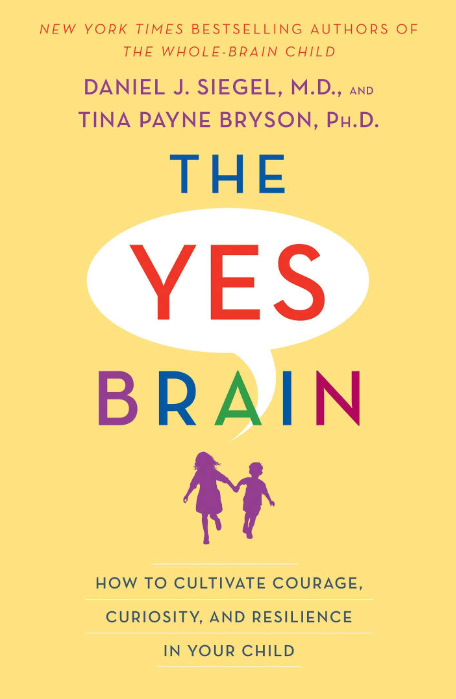
This book guides parents and educators through the some of the challenges and benefits of moving children along a No Brain – Yes Brain continuum, thereby teaching children to be brave, keen to learn and solution-focused. This aligns well with the Wellington Values and identities.

Ms Laura Ge
Head of Junior High
Hiba Academy Shanghai
《读懂孩子的心》(Learn to Read Children’s Mind)
樊登 (Deng Fan)
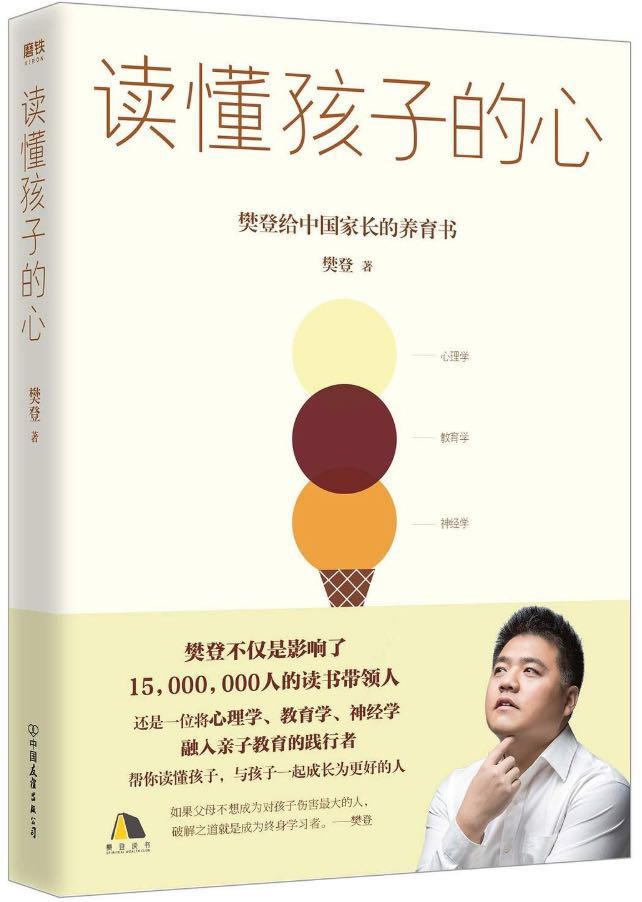
We have heard of many theories about parental education, such as positive discipline and effective parenting. What this book does is that it delves deep into the theories and basic ways readers can quickly master these parental approaches, thereby allowing parents to reap most benefits from spending time with our children and encouraging them to develop independent learning ability.
This book can help parents understand the growth patterns of their children and achieve education with just the right amount of freedom.

Ms Vanessa Szucs-Hussain
Head of Early Years
Hiba Academy Shanghai
Evolution of the Learning Brain: Or How You Got To Be So Smart
Paul Howard-Jones
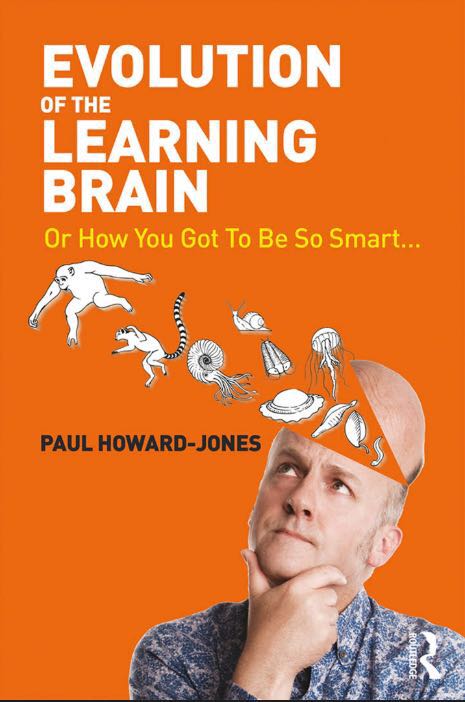
For those parents who want to understand more about how their children learn, this book provides a comprehensive bank of evidence, rooted in research and written by a Professor of Neuroscience and Education.

Mr Paul Rogers
Executive Master
Wellington College Education (China) - Hangzhou
A Short History of Everything
Bill Bryson
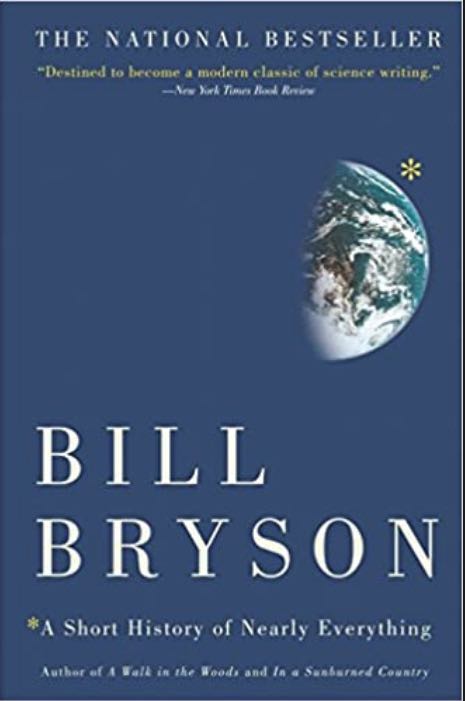
It puts things into perspective and makes us realise how significant and yet insignificant we all are. It is also so well written that history has probably never been written about in such a ‘catchy’ way.
We hope that these recommendations might inspire teachers and parents to further expand their knowledge base. As noted by Hiba Academy Shanghai's Head of Junior High, Ms Ge, reading a book may not yield immediate benefits, but it enables us to ‘see our soul’ more clearly. Reading helps us understand more about ourselves and the world around us – a sentiment that echoes what Virginia Woolf advocated for during her time.
Wellington College Education (China) is a multicultural community made up of many interesting individuals. Reading takes on an essential role in the Wellington community because – as members of this diverse family – Wellingtonians do not only ‘read’ books, but they learn to ‘read’ the souls of people and grow a sense of understanding about different cultures. This cross-cultural ‘reading’ ability is crucial for each member of the Wellington family – pupils, teachers and parents – to further excel in all areas of education.
As Ms Joy Qiao, the founder of Wellington College Education (China) once said, “In the 21st century, when the East is meeting the West, this competency holds the key to a world with more open-mindedness, better understanding and deeper integration.”
The cover photo was taken by Morgan Vander Hart on Unsplash.
Related Articles








 Channel
Channel 
 Linkedin
Linkedin  Weibo
Weibo  Facebook
Facebook  Ins
Ins 

